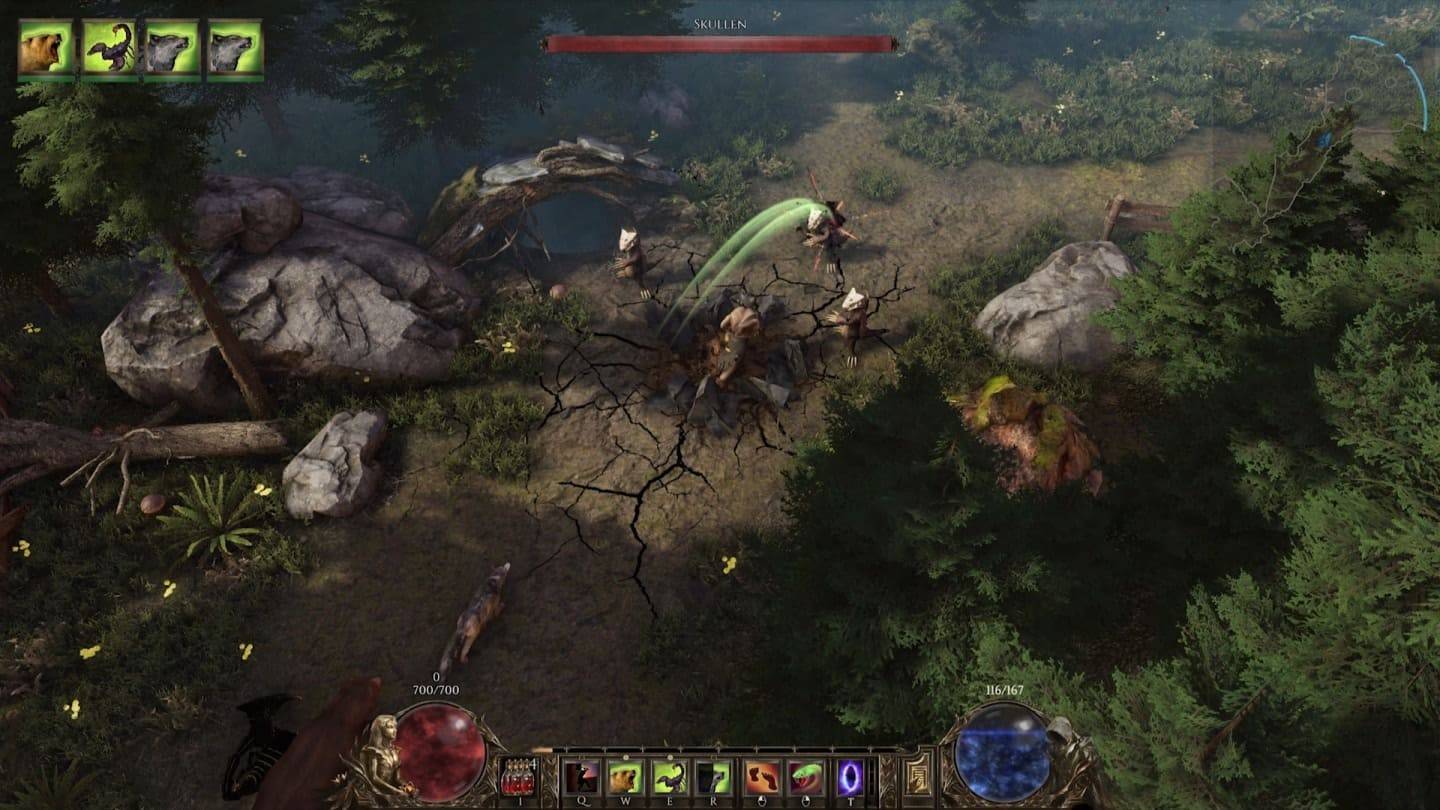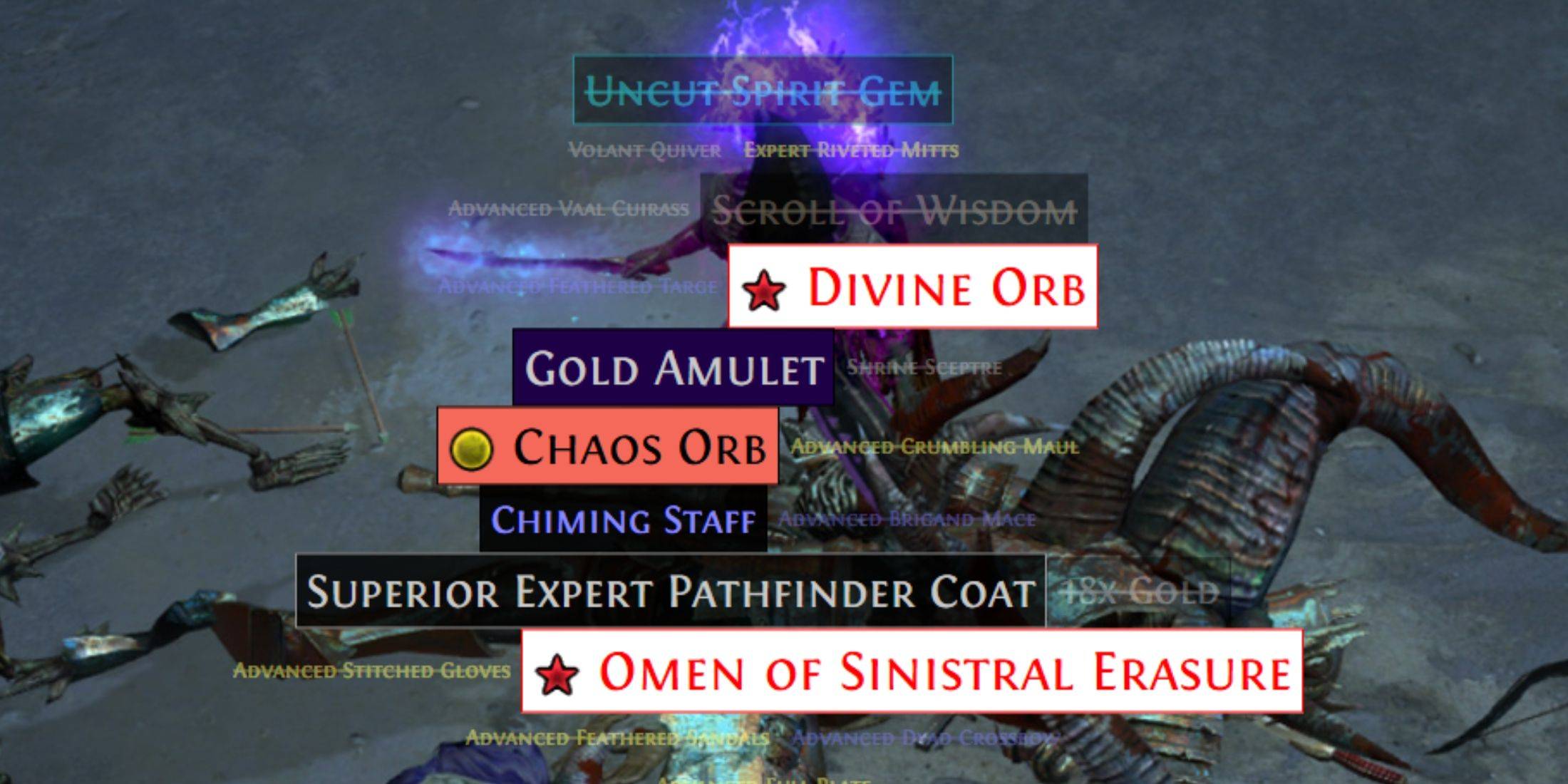
Following a string of underperforming releases and setbacks, Ubisoft faces pressure from a minority investor, Aj Investment, demanding a complete restructuring. The investor's open letter calls for a new management team and significant staff reductions.
Ubisoft Faces Restructuring Demands from Minority Investor
Aj Investment Claims Previous Layoffs Insufficient

Aj Investment, a significant minority shareholder, publicly criticized Ubisoft's performance and strategic direction. The letter cites the delayed release of key titles, lowered revenue projections for Q2 2024, and overall poor performance as reasons for their dissatisfaction. They explicitly proposed replacing CEO Yves Guillemot with a new CEO focused on cost optimization and improved studio structure. This call for change follows a reported 50% drop in Ubisoft's share price over the past year. Ubisoft has yet to publicly respond to the letter.

Aj Investment directly attributes Ubisoft's low valuation to mismanagement and the influence of the Guillemot family and Tencent. They argue that the current management prioritizes short-term gains over long-term strategic planning and delivering exceptional gaming experiences. Further criticism targets the cancellation of The Division Heartland and the underwhelming reception of Skull and Bones and Prince of Persia: The Lost Crown. While acknowledging the success of Rainbow Six Siege, the investor highlights the stagnation of other popular franchises like Rayman, Splinter Cell, For Honor, and Watch Dogs. Even the highly anticipated Star Wars Outlaws, initially seen as a potential turnaround, reportedly underperformed, contributing to the company's share price plummeting to its lowest point since 2015.

Aj Investment's Juraj Krupa advocates for substantial staff reductions, citing the higher revenue and profitability of competitors like EA, Take-Two Interactive, and Activision Blizzard, despite employing significantly fewer staff. Krupa suggests Ubisoft's 17,000+ employees are excessive compared to its competitors, and recommends selling underperforming studios to streamline operations and improve efficiency. He emphasizes that while previous layoffs reduced the workforce by approximately 10%, and cost-cutting measures are underway, these actions are insufficient to ensure long-term competitiveness. The investor urges more aggressive cost-cutting and staff optimization.

 Latest Downloads
Latest Downloads
 Downlaod
Downlaod




 Top News
Top News









